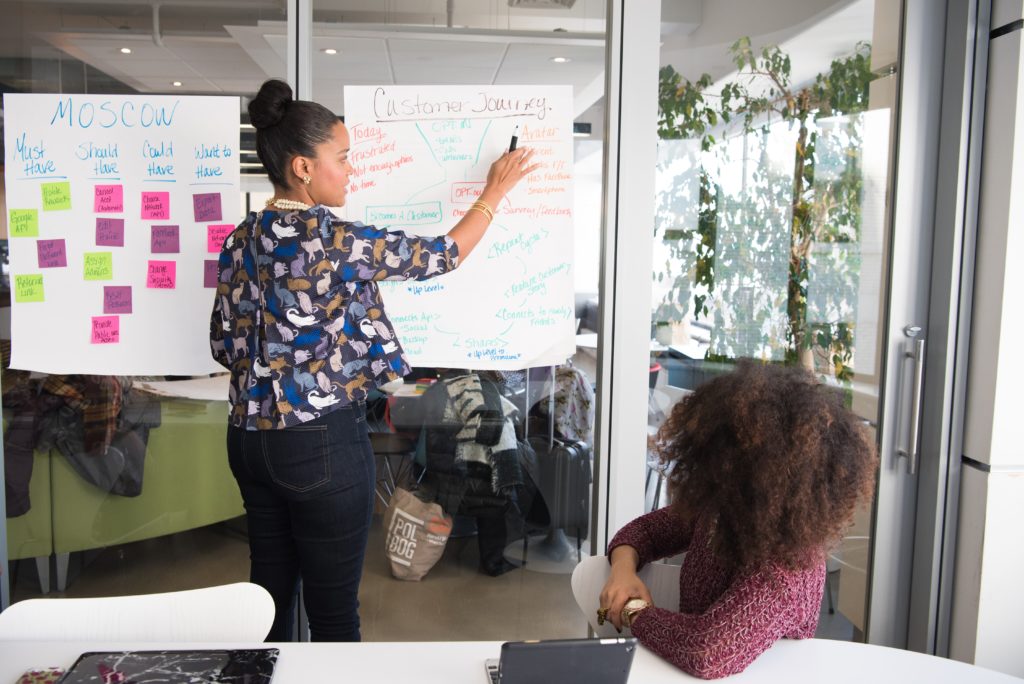What are Employers looking for?
Having the right qualifications is important for getting your next job but we also forget about extra skills that make you employable. But what are they?

At this current time, it’s going to be even more important to make sure you have the skills needed to stand out to your new employer. Employability skills are the best way to demonstrate that you will be able to work in their business. But what are employability skills? They are:
‘the skills almost everyone needs to do almost any job’
This is great but employability is more than just skills, it’s about your capabilities or your competencies; aptitude, attitude and behaviour. If you can demonstrate that you have these qualities and you are employable; as a person, a team member and as active part of the organisation, then you will be well on your way to getting your new job. Employers themselves also look for these skills over the technical or academic knowledge you may have. In a survey:
- 36% said that employability skills are much more important
- 29% said that they were a little more important
- 23% said that they were the same level of importance
So it’s important when writing your CV or applying for a job to highlight these skills and make them as important feature as your qualifications.

What are the top skills and capabilities?
These skills can range from having a positive attitude to being flexible and working as a team. However, there are certain skills that are key add to your CV.
Communication
All employers are looking for people with strong communication skills. This is so you can covey information clearly to others and having good writing skills for sending information and details to others. It also includes being a good listener, employees that are able to understand a question or concerns of their clients and can listen to directions is big plus.
Phases to use:
- Written communication
- Spoken communication
- Interpersonal skills
- Active listening
Attentive
Team Work
Team work is important part of all work settings. You will have to work with a variety of people on projects and to get jobs done. Being able to get along with others and share the workload is important for a business to function. Even if you end up not doing a lot of projects, you will still need to be able to get along with other colleagues.
Phases to use:
- Collaboration
- Managing Expectations
- Conflict management
- Reliability
- Professional
Critical thinking
This is all about understanding, analysing and interpreting information. In the workplace, you will have to assess different situations and solve problems. You will need to think logically and make sensible judgments.
Phases to use:
– Analytical skills
– Problem solving
– Creativity
-Deductive Reasoning
Ethics
This is a broad category that refers to what principles you have and what you stand for. Companies want to understand who you are and what makes you tick. This is so they can see if that matches the company’s values and what they are looking for from their employees.
Phases to use:
- Compliance
- Integrity
- Empathy
- Discernment
Computer skills
While most of the other skills on this list are ‘soft skills’, this skill is a very important one. Companies want their employees to be able to use technology as it will be required in all job roles. Most job will require you to have basic experience with using a computer.
Phases to use:
- Word processing
- Email management
- Data analysis
Organisation
Being organised is an invaluable skill for most jobs and if you have to work to tight deadlines then it’s an absolute must. Time management shows that you can priorities your work and keep on top of everything going on. Being on time and scheduling your activities also shows that you have great organisational skills.
Phases to use:
- Can work to deadlines
- Good at prioritising
- Good time keeping skills
Creativity
Creativity shows an employer that you can think outside the box, with the growth of start-ups and online opportunities, it’s a skill which is becoming more valuable to have. Coming up with new ideas and solutions to problems will show that you can tackle a problem head on.
Phases to use:
- Thinks outside the box
- Creative problem solver
- Ideas and solutions
Reliability
Employers need people they can trust and rely on to run a great business. You will not only be good at your job; your employer will want you to turn up on time and be there when you’re needed. Getting work finished on time and doing what you say you will do and what is expected of you.
Phases to use:
- Trustworthy
- Punctual
- Consistent
Business awareness
This is all about knowing who you are applying to and understanding what their needs are and what they are looking for from their new employee. This also means looking into the wider industry and knowing what is happening and what the trends might be.
Phases to use:
- Studies trends
- Reads articles
- Good research skills
Attitude
Your attitude is very important as if you give the wrong impression then you can affect what your employer will think about you before they have even met you. Not using negative words and being disheartening will portray you in a good way. Being positive and enthusiastic will show your passion for the role and the energy you will bring to the job.
Phases to use:
- Enthusiastic
- Passionate
- Helpful
- Kind
All these skills and capabilities will make sure that you have what employers are looking for. At Free2learn, we ensure that we equip you with these skills and capabilities while your undertaking one of our courses. We provide you with extra qualifications that demonstrate that you have good team working skills, confidante in your communication and have good time management skills. Go to: https://free2learn.org.uk/courses/ to see which courses will be the one that makes you achieve your potential.
Sources:
career-advice.jobs.ac.uk/career-development/employability-what-are-employers-looking-for/
whatcareerlive.co.uk/advice/top-ten-employability-skills





